Hi there, pet lovers! 🐀💕
Rats are one of the most underrated pets in the world. Despite their undeserved reputation, they are intelligent, affectionate, and full of personality—making them fantastic companions for the right owner. In this comprehensive guide, we’ll explore everything you need to know about keeping rats as pets, from their behavior and care requirements to costs and where to find them.
Whether you’re a first-time pet owner or an experienced animal lover, this review will help you decide if rats are the right fit for your home.
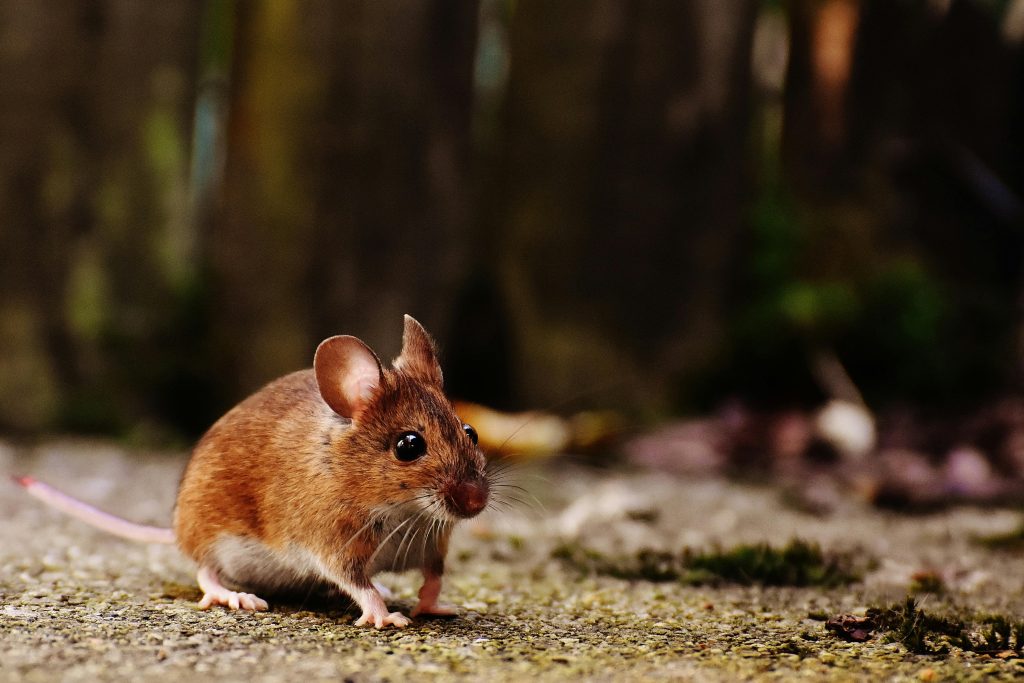
Overview
Rats (Rattus norvegicus domestica) are highly social, intelligent rodents that thrive in interactive environments. They form deep bonds with their owners and each other, displaying playful and curious behaviors. Here’s a quick summary of what makes them special:
- Handling and Temperament: Friendly, social, and trainable, but require gentle handling.
- Care and Maintenance: Moderate maintenance—need clean enclosures and mental stimulation.
- Health and Durability: Prone to respiratory issues and tumors; lifespan of 2-3 years.
- Availability: Widely available from breeders, rescues, and pet stores.
- Cost: Affordable initial purchase but require ongoing care expenses.
Overall: An excellent pet for those who want an interactive, affectionate, and intelligent small animal.
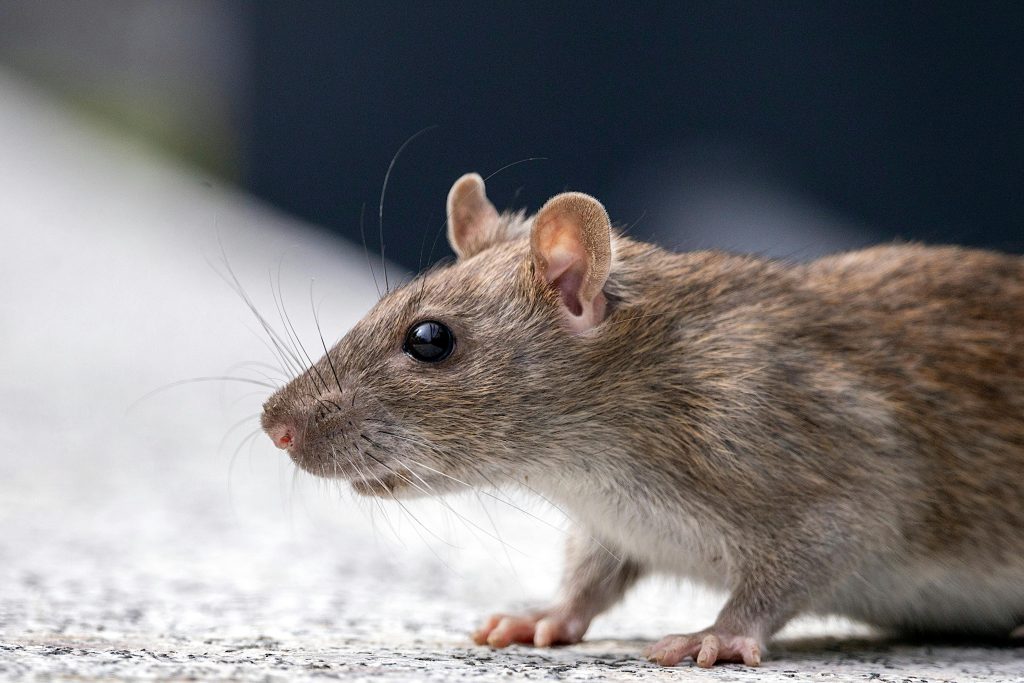
Why Choose a Rat as a Pet?
Rats are often misunderstood, but those who keep them know just how rewarding they can be. Unlike wild rats, domesticated rats are clean, sociable, and highly trainable. They enjoy human interaction, can learn tricks, and even respond to their names.
Key Benefits of Owning Rats
✔ Highly intelligent – Can be trained like dogs (to an extent).
✔ Affectionate – Form strong bonds with their owners.
✔ Compact size – Perfect for apartment living.
✔ Entertaining – Playful and full of personality.
✔ Low noise level – Quieter than many small pets.
However, they do have some downsides, including a short lifespan and frequent cleaning needs.

Handling and Temperament
Rats are among the most interactive small pets, often compared to tiny dogs in their loyalty and trainability. However, their temperament depends heavily on socialization and individual personality.
Personality Variations
- Males – Typically more laid-back, cuddly, and prone to “marking” territory.
- Females – More active, curious, and less likely to scent-mark.
- Social nature – Rats must be kept in pairs or groups to prevent loneliness.
Handling Tips
- Start young – Well-socialized rats are more comfortable with handling.
- Be gentle – Avoid squeezing or sudden movements.
- Watch for stress signs – Puffed fur, squeaking, or biting (rare).
- Supervise with kids – Rats are delicate and can be injured by rough handling.
Do Rats Bite?
While rare, rats can bite if frightened or mishandled. Most bites are gentle “nips” rather than aggressive attacks. Proper socialization minimizes this risk.
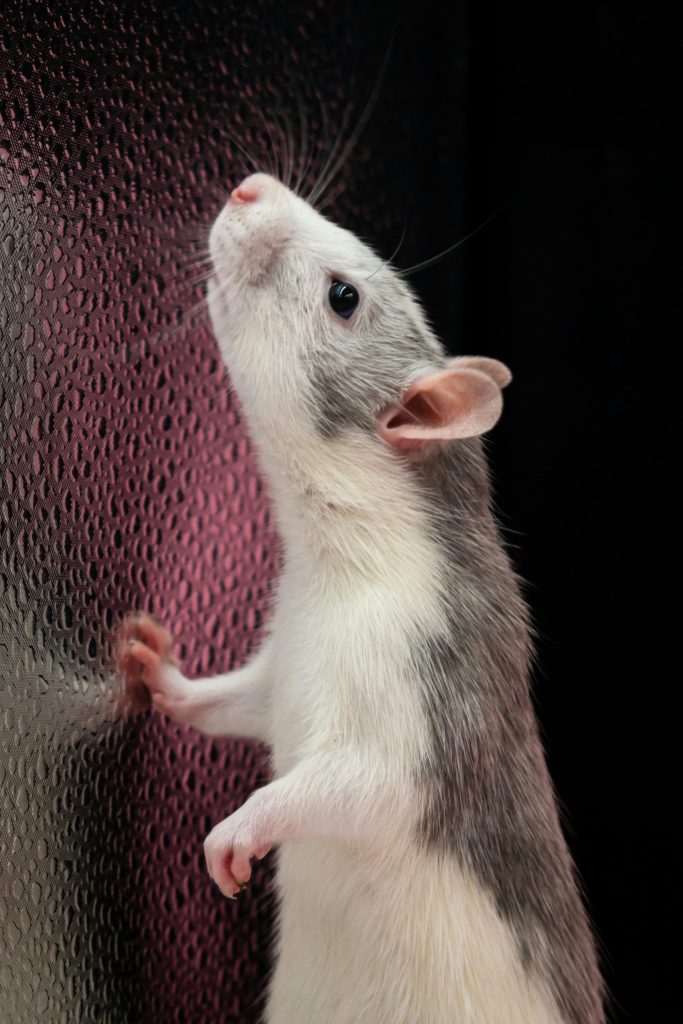
Care and Maintenance
Rats are relatively easy to care for but require a clean environment, mental stimulation, and proper nutrition.
Enclosure Setup
- Size: Minimum 2 cubic feet per rat (bigger is always better).
- Type: Wire cages with solid flooring (avoid aquariums—poor ventilation).
- Bedding: Paper-based or aspen shavings (avoid cedar/pine—toxic).
- Toys & Enrichment: Hammocks, tunnels, ropes, and chew toys.
- Litter Training: Possible with patience—use a small litter box with paper pellets.
Diet & Feeding
- Staple Diet: High-quality lab blocks (e.g., Oxbow, Mazuri).
- Supplemental Foods: Fresh veggies, fruits, cooked grains, and occasional protein (mealworms, eggs).
- Avoid: Sugary, salty, or fatty human foods (can cause obesity).
Cleaning Routine
- Spot clean daily – Remove soiled bedding and uneaten food.
- Full clean weekly – Replace all bedding, wash toys, and sanitize the cage.
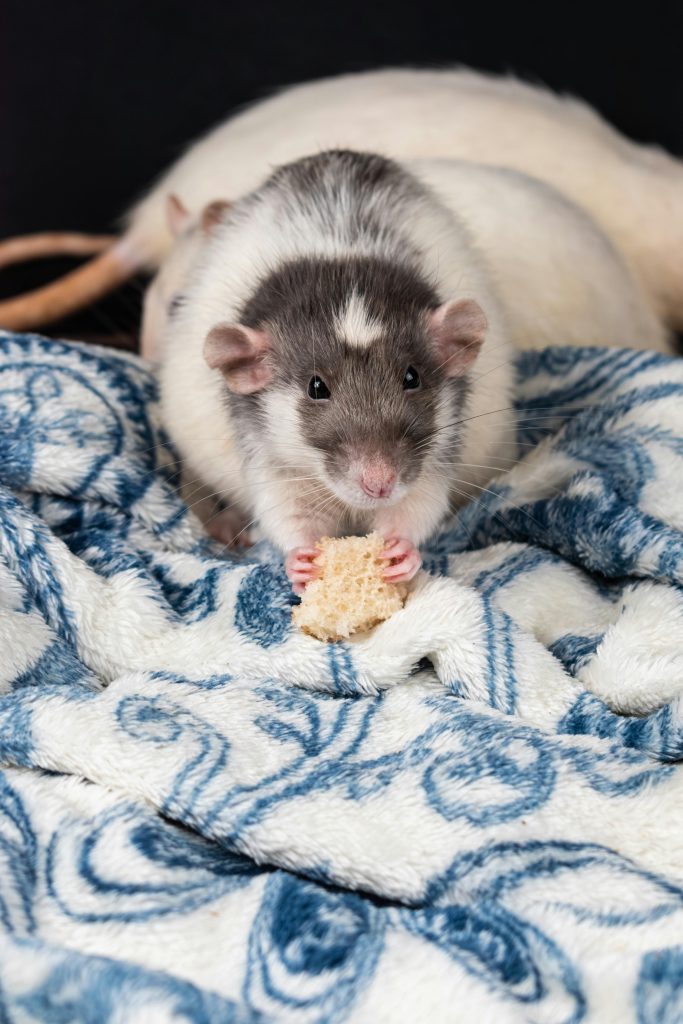
Health and Durability
Rats are prone to certain health issues, so proactive care is essential.
Common Health Problems
- Respiratory infections (due to ammonia buildup from urine).
- Tumors (especially in females—spaying can help).
- Bumblefoot (from wire flooring or poor hygiene).
- Overgrown teeth (provide chew toys to prevent this).
Lifespan
- Average lifespan: 2-3 years (some may reach 4 with excellent care).
- Short but meaningful – Their brief lives make every moment precious.
Vet Care
- Find an exotic vet – Not all vets treat rats.
- Watch for signs of illness – Labored breathing, lethargy, lumps.
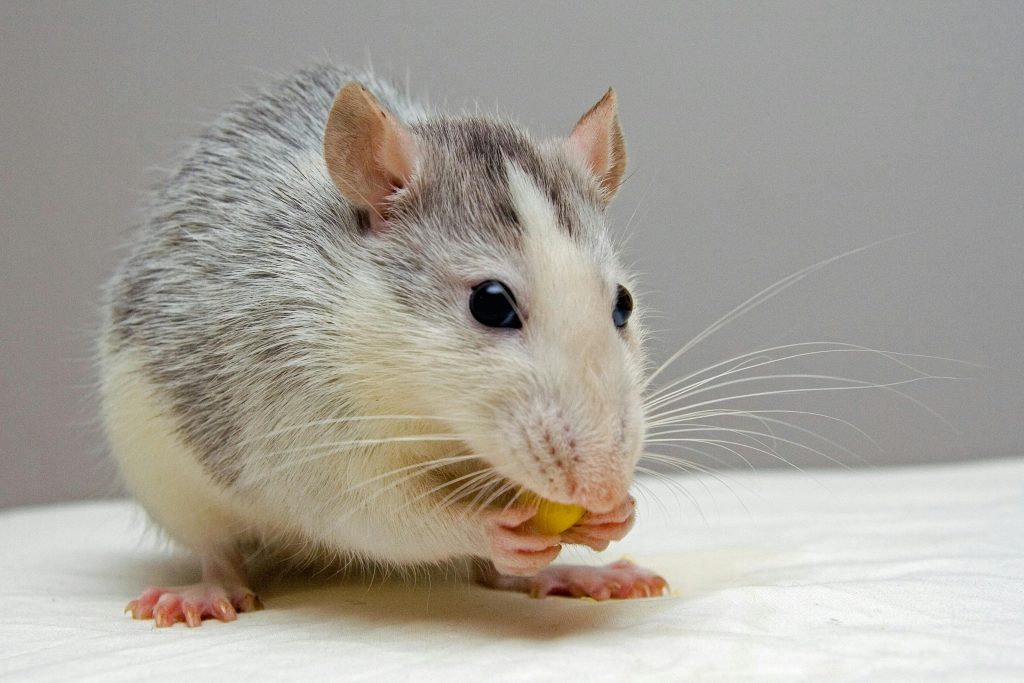
Availability and Cost
Rats are widely available, but sourcing them responsibly is key.
Where to Buy
✔ Reputable breeders – Healthier, well-socialized rats.
✔ Rescues/shelters – Many rats need loving homes.
✔ Pet stores – Less ideal (often feeder stock with health risks).
Cost Breakdown
- Rats themselves: $10 to $50 (depending on lineage).
- Cage setup: $50 to $200 (one-time investment).
- Monthly costs: $20 to $40 (food, bedding, toys).
- Vet bills: Variable (budget for emergencies).
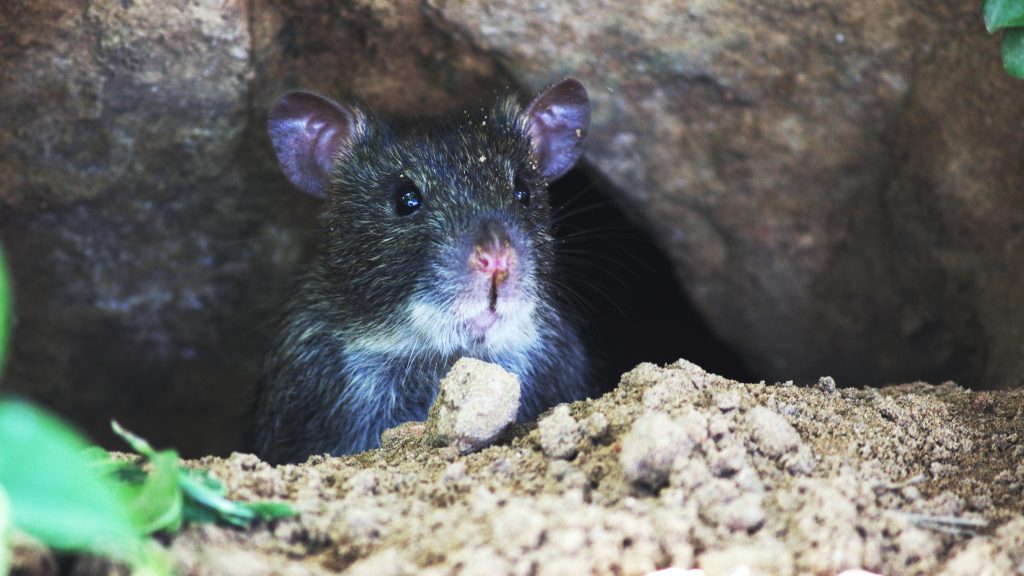
Pros and Cons
Pros
✅ Extremely social and affectionate.
✅ Intelligent and trainable.
✅ Compact and suitable for small spaces.
✅ Affordable initial cost.
Cons
❌ Short lifespan (2-3 years).
❌ Require frequent cage cleaning.
❌ Prone to health issues (respiratory, tumors).
❌ Need companionship (must have at least two).
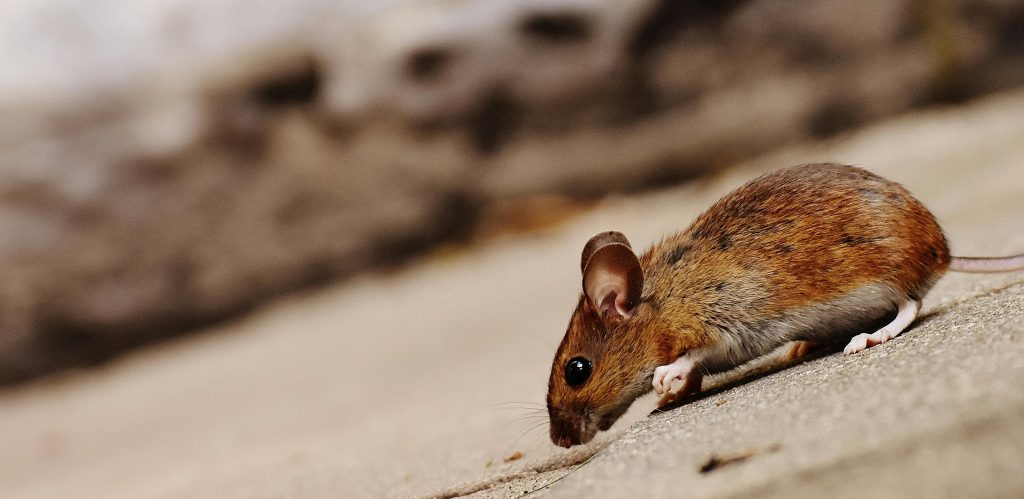
Final Thoughts
Rats are incredible pets for those willing to provide the care and attention they need. Their intelligence, affectionate nature, and playful antics make them a joy to own—but their short lifespan means they leave a big impact in a short time.
If you’re ready for a pet that’s interactive, loving, and full of surprises, rats might be the perfect choice. Just be prepared for the emotional investment—they’ll steal your heart quickly!
Have you owned rats before? Share your experiences in the comments! 🐀💕
For more small pet guides, stay tuned to our blog!

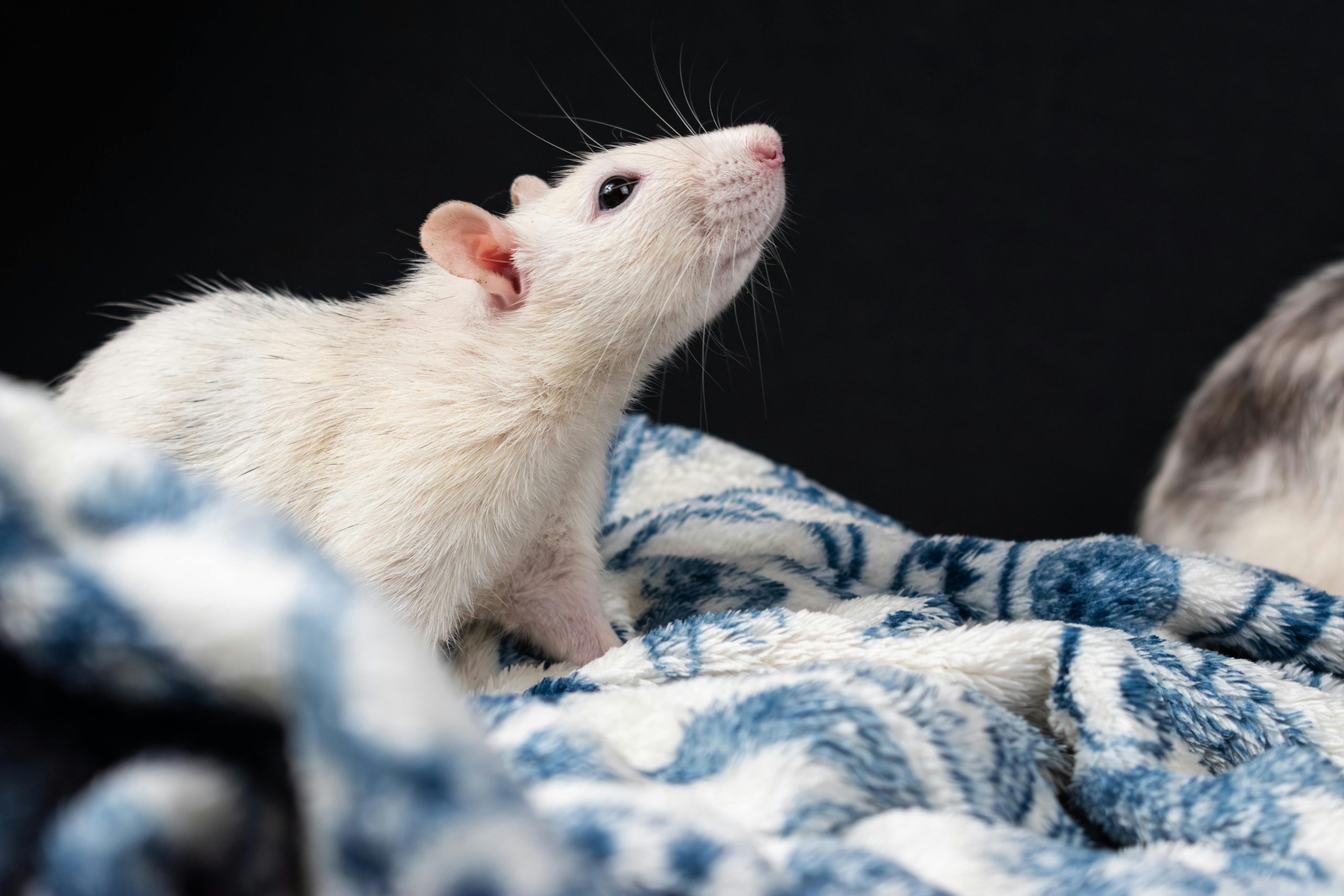

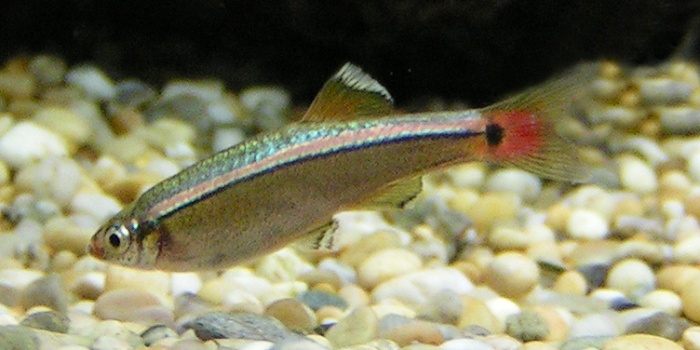
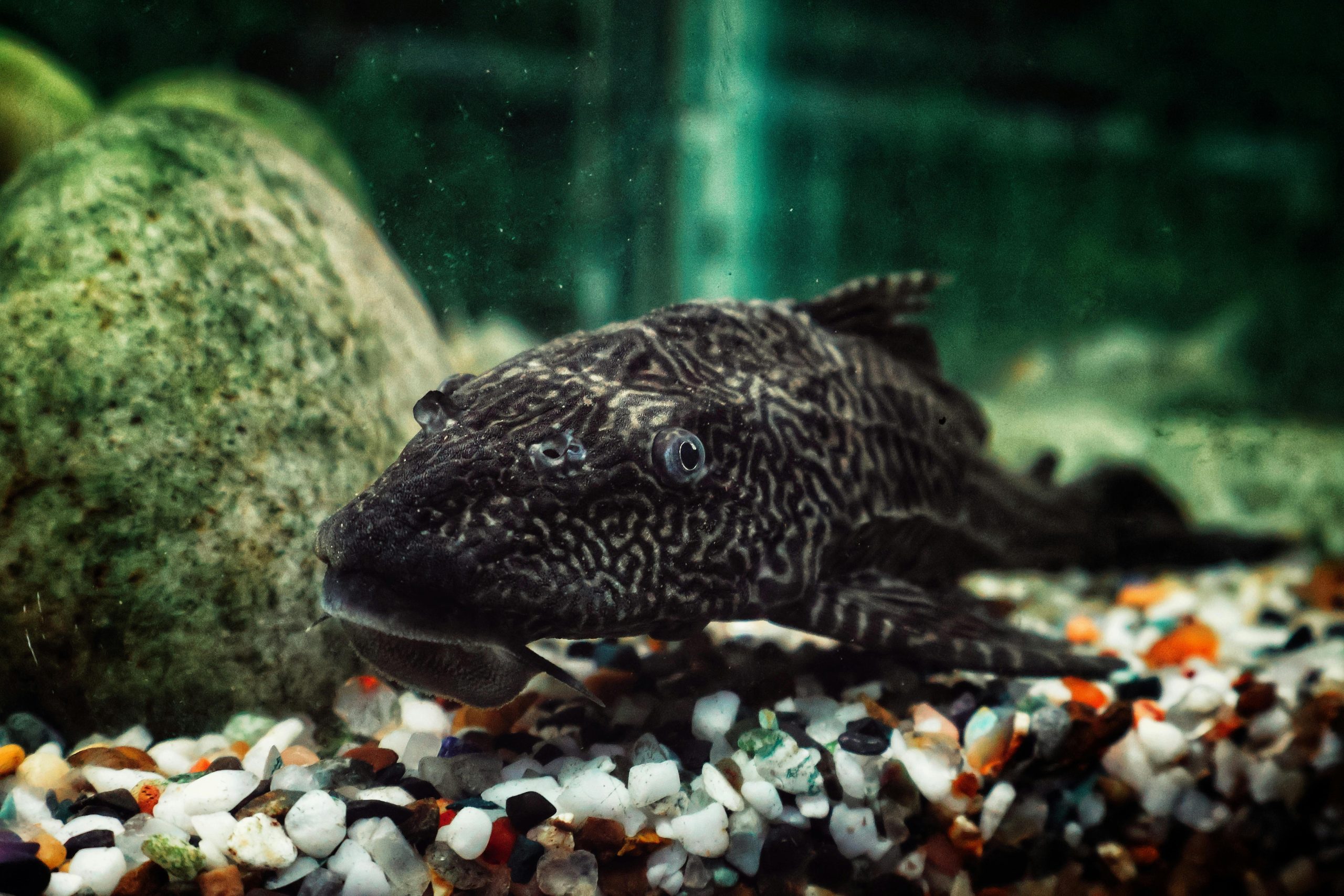
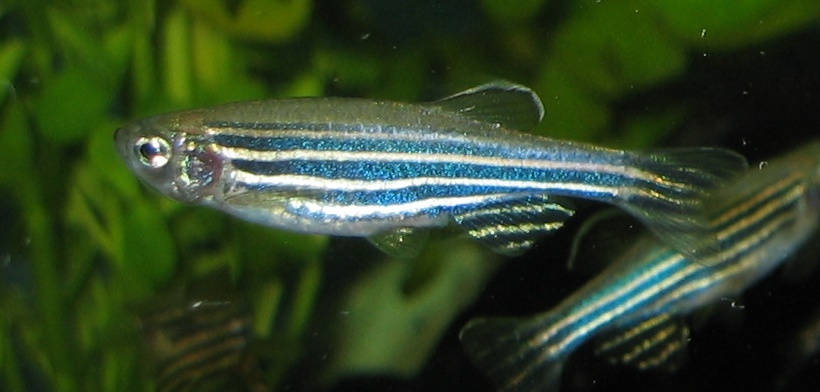
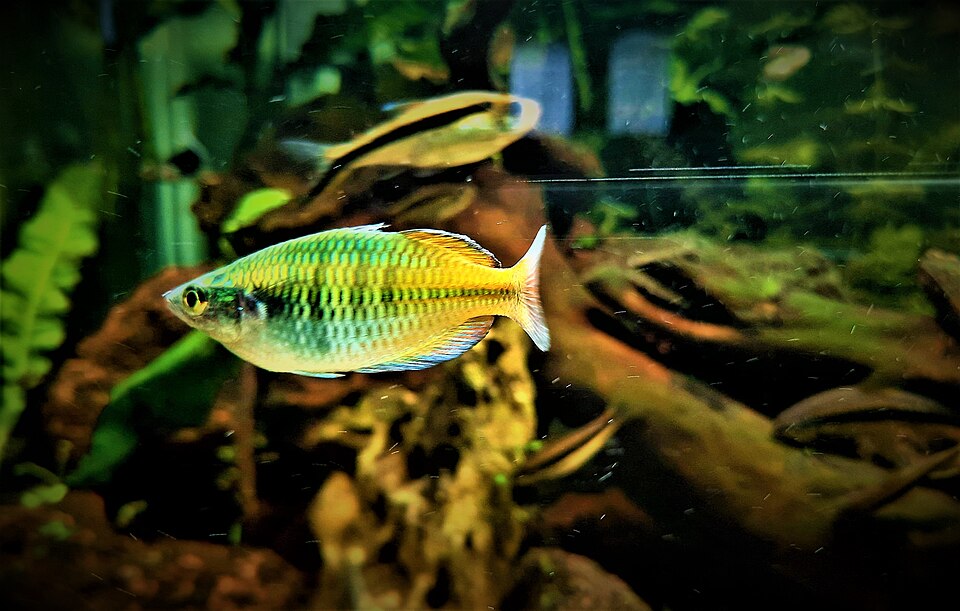
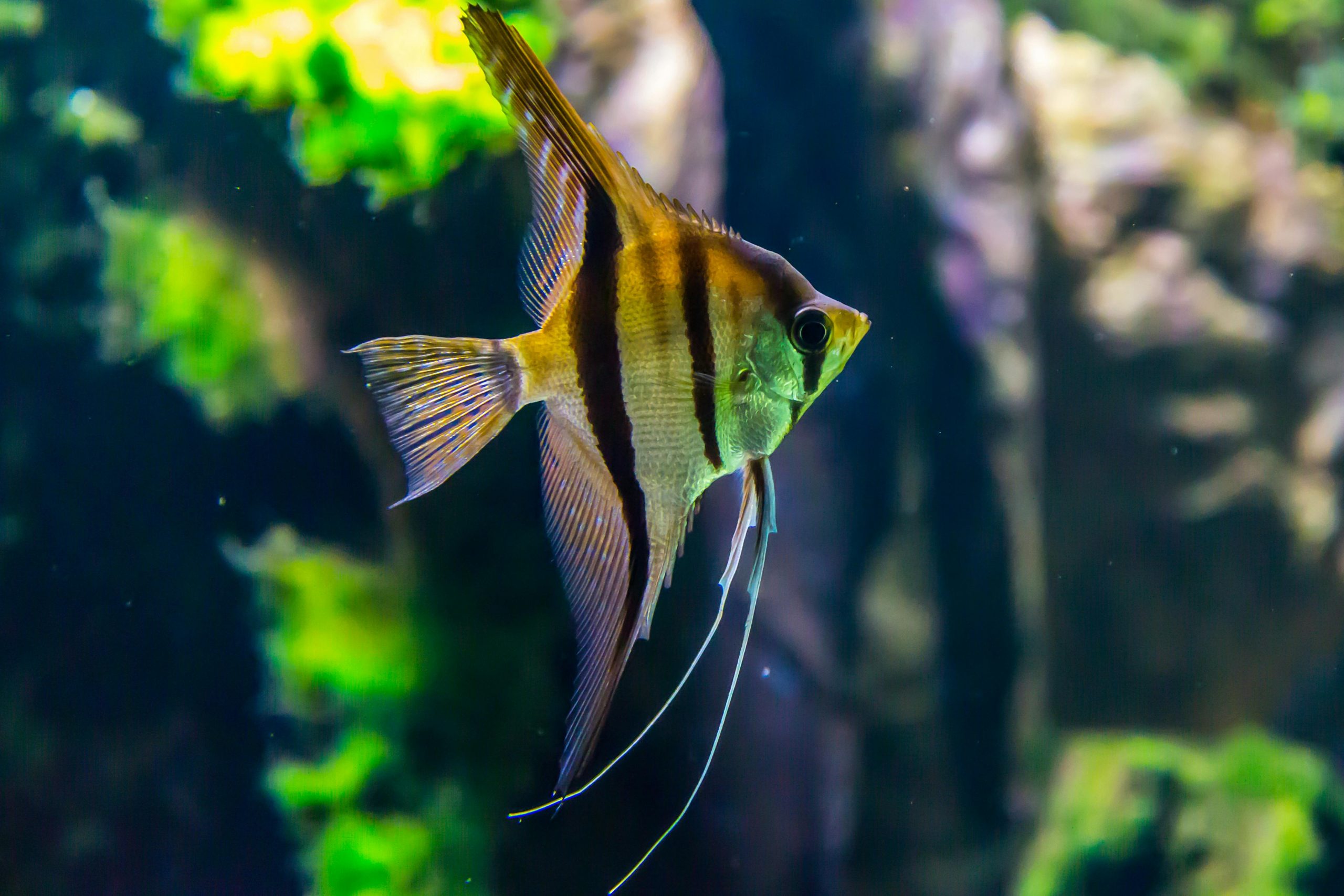
Leave a Reply